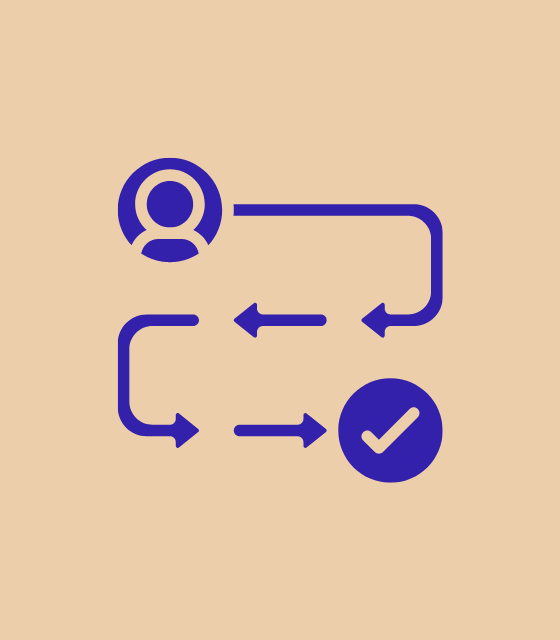There are several reasons why journey advertising has stuck around this long and even more reasons why it is here to stay
The term journey advertising has been buzzing around the world of marketing for several years. The idea that a new approach to advertising could revolutionize the industry is one that quickly captured the industry’s attention – but not everyone got on board.
In his recent article for Advertising Week, Seraj Bharwani explores the power of journey advertising, explaining how when consumers are connected with journey advertising, the average order value is approximately 2.5 times higher across 15 different vertical industries.
Customers are heavily impacted by the messaging they receive. Not only are they influenced by the creative content of that messaging, but also by the order in which they receive the communications, and the formats in which they are delivered.
This order of operations impacts a customers likelihood of spending and their total order value. This means that journey advertising has a direct impact on marketers return on advertising spend (ROAS).
Bharwani also highlights the results he’s seen from brands using journey advertising and seeing its impact; “we have seen up to 3.5x higher ROAS from programs that optimize the connected journey (choice of channels, advertising formats and message sequence) relative to programs that don’t (i.e. the “control” group).”
Long story short, journey advertising works. For advertisers looking to get started on their own path towards journey advertising, it’s first important to define journey advertising and explore its possibilities.
What is journey advertising?
A consumer journey refers to the series of interactions or steps a consumer goes through when engaging with a product, service, or brand before making a purchase. This includes understanding their initial discovery of the website or platform, their shopping habits, and their behavioral patterns throughout the conversion process.
Consumer journey mapping involves marketers using data, analytics, research, testing, and evaluation to understand how users or consumers may behave or react in the real world. The buyer’s journey is important because it ultimately determines the final purchasing decisions.
To learn about the strategy in greater detail and dig deeper into consumer pathways you can read our full journey advertising guide.
Why journeys work
Journey advertising lets advertisers effectively market products and solutions to customers throughout decision making processes. Advertisers can carefully plan communications from the moment a customer sees a need until there comes a time that they are ready to commit to a solution.
It also facilitates greater understanding about all of the moments in a consumer’s journey that might have an impact on their final decision, giving marketers the opportunity to adjust and coordinate creative messaging across these moments for more effective outcomes.
Depending on your product or service, it is likely that most of your target audience is not actively looking to purchase. Typically, this is because they don’t currently recognize a need, but it can also be further impacted by other factors like lack of brand familiarity and financial stress.
For those actively looking to buy, the decision-making process is usually longer, potentially taking weeks or months to navigate. These customers want to fully research and understand a product before purchasing, and journey advertising gives advertisers the opportunity to communicate impactfully at each stage of this process.
There are also segments of your audience that can be appropriately targeted with journey advertising in order to create the ideal experience. Whether they are out of market, in-market, or existing customers, journey advertising lets marketers create tailored communications and achieve the best impact possible.
Journey advertising lets advertisers take full control of their messaging at every stage of the customer’s decision making process. By recognizing that the needs, desires, and pain points of customers shift throughout the purchasing funnel, marketers can create a customized pathway – guiding customers to their destination with as little friction as possible.
In a world that is oversaturated with ads, a journey approach to marketing gives customers reprieve, making them feel seen and heard instead of bombarded.
To see more from illumin, be sure to follow us on Twitter and LinkedIn where we share interesting news and insights from the worlds of ad tech and advertising.






